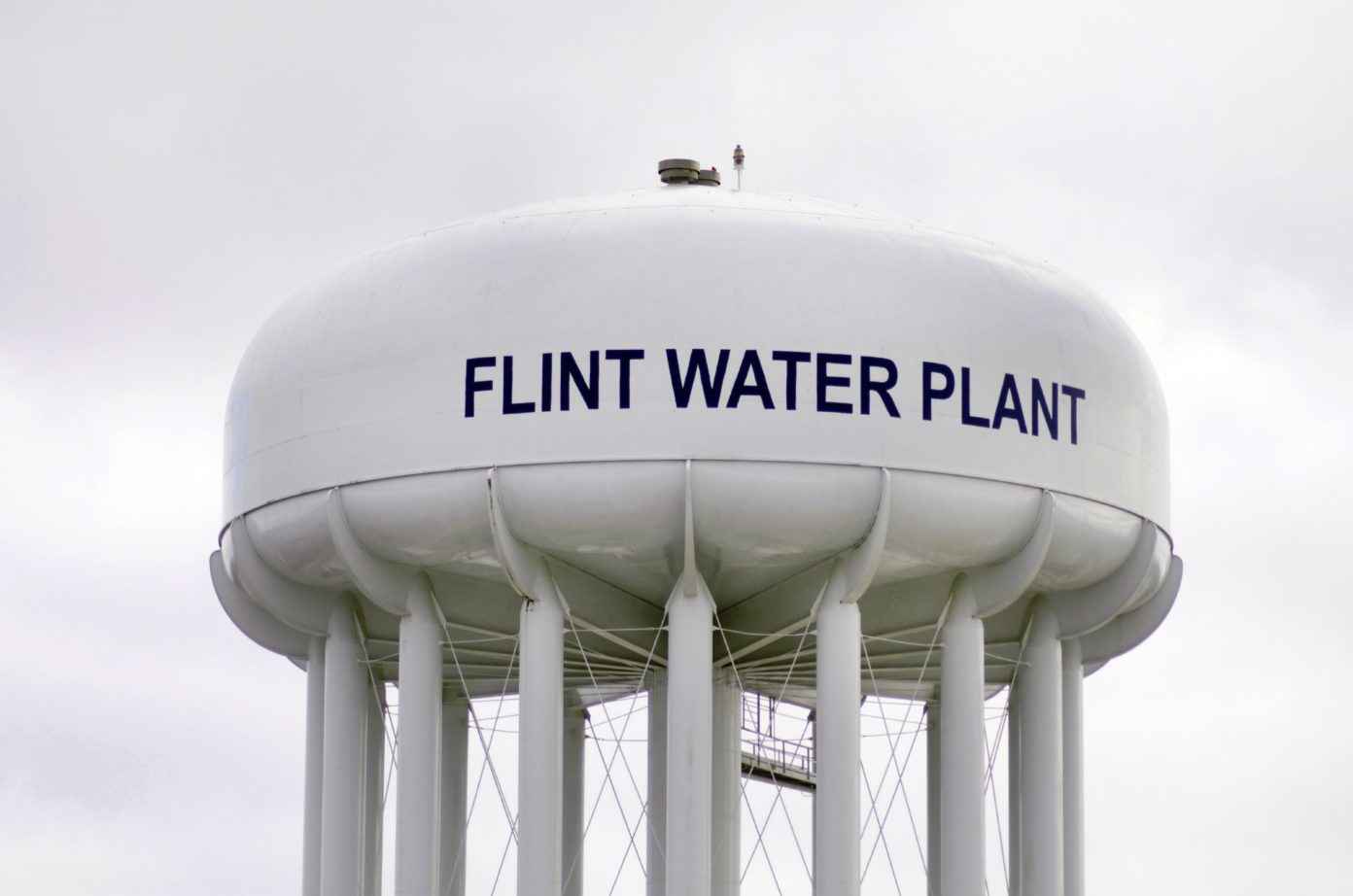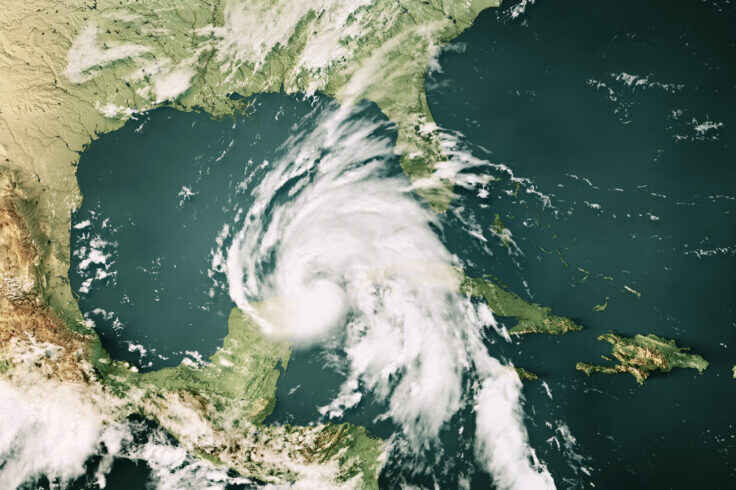Public Health Handbook for Communities Under Emergency Management – A Case Study of the Flint Water Crisis
February 13, 2018
Overview
This handbook is intended to help policymakers and practitioners incorporate the lessons learned from the Flint Water Crisis to avert and/or mitigate future crises.

The Flint, Michigan, water crisis—a manmade disaster that resulted in the poisoning of thousands of children and adults after lead leached into the city’s drinking water—is a terrible tragedy, and one that was far from inevitable. It is an unfortunate reminder that our communities are endangered when health is not considered in policymaking. Sadly, the harm to Flint residents cannot easily be undone.
This handbook is intended to help policymakers and practitioners incorporate the lessons learned from this preventable disaster to avert and/or mitigate future crises. Specifically, it provides guidance for implementing several key, overarching recommendations produced through extensive research and analysis aimed at answering the following key legal question with respect to the Flint water crisis: Given the emergency manager’s appointment, what legal authority could state, local, and federal public health and environmental agencies use to avert or mitigate the crisis?



